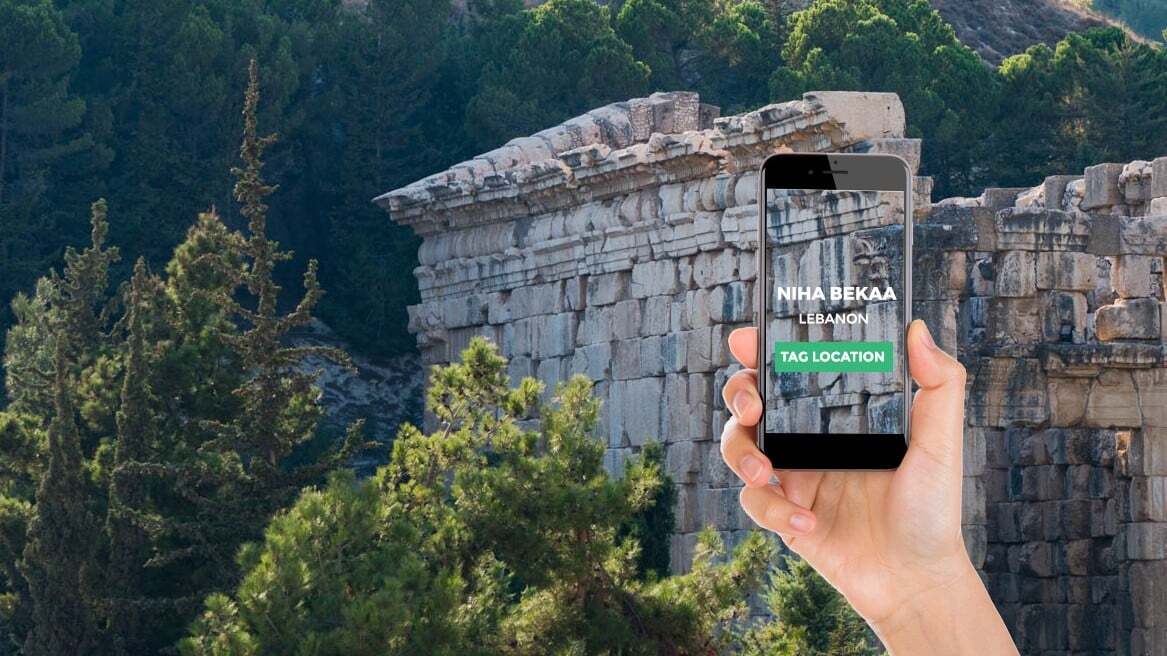EHL Blog Insights
The new Daskara tourism app for a SMART hotel-guest relationship

Tourism
Technology
Innovation
Hospitality
This project generated a better understanding of the digitally mediated relationship between host and guest in rural lebanon

Start & End Date
01/03/2021 - 30/06/2022
Main Applicant
Inversini, A., EHL Hospitality Business School
Co-applicant(s):
Talhouk, S.N., American University of Beirut
External Funding
HES-SO
Through participatory action research, collaborative design and fast prototyping this project aims at empowering local Lebanese rural communities endorsed by natural and heritage beauty through a smart host-guest relationship technology. Partners will closely work together to find the most appropriate technological solution for rural communities both in terms of interaction and design towards the generation of socio-economic impact . The appropriate technology solution will then be tested both with the communities and with visitors to ensure there is a proper fit between technology and multi-users needs. EHL and AUB will work with the local green startup Daskara project (http://www.daskaraapp.com), which already geo-indexed more than 3500 natural and heritage objects in rural Lebanon, to foster rural tourism business and visitation thus impacting on community dwellers entrepreneurial activities. The project will contribute to SDGs 1, 2, 5, 8 and 11 in different form and will help project Daskara to fine tune their business model towards the creation of an independent company.
Can SMART technologies be applied to developing and emerging countries for tourism and hospitality purposes? Can SMART technology enable SMART people and SMART services? This is the core of the ‘Smart Host-Guest Relationship’ research project carried out by EHL Hospitality Business School and the American University of Beirut with the Lebanese startup Daskara app. Thanks to this collaboration, the rich database of cultural and natural landmarks collected by social mapping by Daskara has been made ‘actionable’ – i.e. with the possibility of designing experiences - to support a meaningful exchange between host and guest of rural communities.

© 2026 EHL Holding SA, Switzerland. All rights reserved.